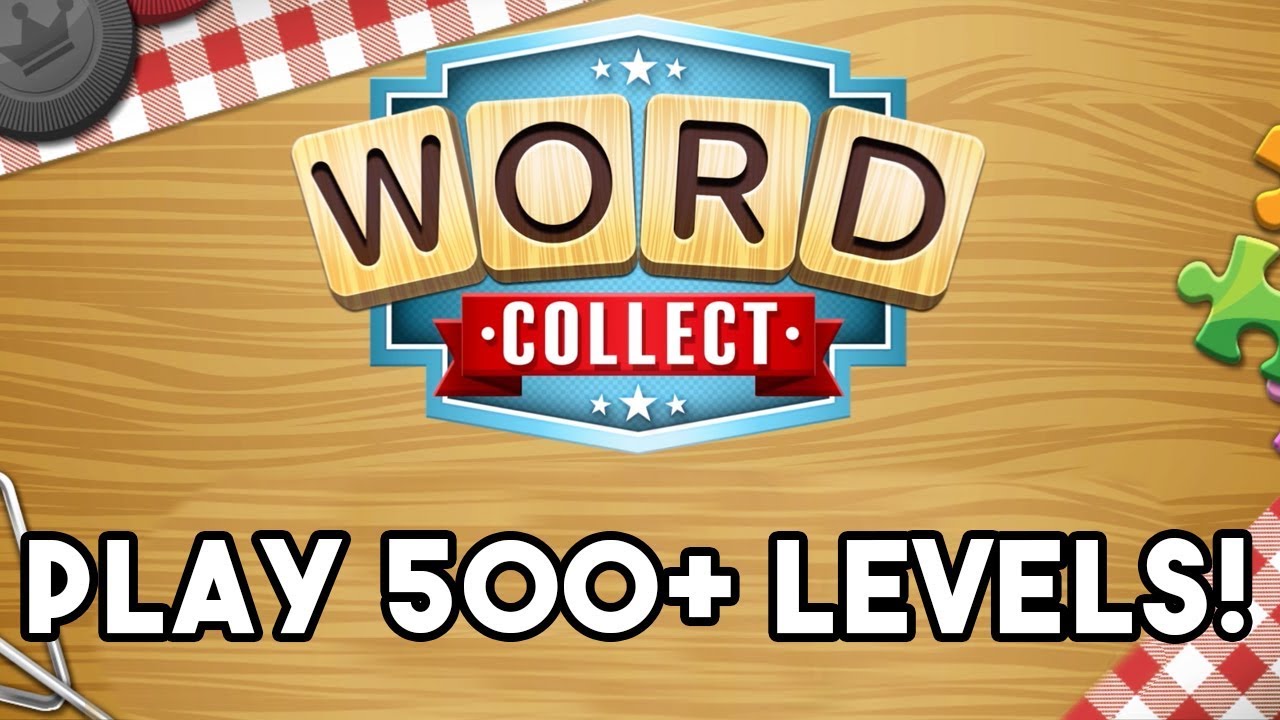
A keychain featuring a picture of a quilt is a great gift for quilters. It's durable and made of silver-plated metal making it the ideal gift for quilters. It is a unique gift idea because a quilt keychain can be inserted into a jewelry gift bag. A quilt keychain can also be a wonderful way to show your love for the craft.
Fabric cutter
A fabric cutter can be a great gift to any quilter. This will allow them to complete their quilting projects efficiently and accurately. These tools can cut strips and borders easily and are easy to operate. These tools can also be used to remove excess backing and smooth out fabric. They are lightweight and portable.
Thread spool hugs
Thread spoolhugs are useful and reusable tools that help prevent thread tails becoming unravelled. They are designed to help quilters keep their thread tidy and neat. These tools can be attached to most standard-sized spools. These tools are a thoughtful gift for quilters.

Ruler Roundup
Rulers are a very useful tool for quilting. There are many items that can help you get started with your project. You can purchase rulers in different sizes or styles to suit different purposes. Also, ruler mats can be purchased to organize your rulers. Some rulers can be used for cutting fabric as well, and these are a great way to keep them all together.
Vintage-look coasters
You can make your very own coasters by using vintage-style fabric and vintage patterns. These coasters can be used as home decor, gifts, or for personal use. They measure approximately four inches in square and are available in a range of colors and designs. You can make them using either paper-pieced, paper-pieced or appliqued techniques.
T-shirts featuring the phrase "Just Call me a Piecemaker"
This shirt is the ideal gift for your quilting friend if she loves T-shirts with quilting phrases. The shirt is decorated with a gorgeous quilt and the phrase, "Just Call Me a Piecemaker." A quilter would love this shirt!
Journals
Consider buying a journal for someone you know who loves quilting. These journals are ideal for keeping track of both past and future projects. Journals can also be used by quilters for recording tips and other information. Some journals are large enough to hold photos and swatches.

Fabric subscriptions
A fabric subscription is the perfect gift for someone who is passionate about sewing. The subscriptions come with curated fabric bundles as well as a free pattern. They are great for both beginners and experienced quilters. Each box contains enough fabric material for one gorgeous quilt. You may also find batting or other notions in the boxes.
FAQ
What are some good hobby ideas?
Hobby Ideas For People Who Love to Teach and Learn.
Hobbies allow you to enjoy what you love while also learning new things.
While there are many types of hobbies available, most share the same characteristics. They're usually fun activities that require little effort and cost money.
These also involve helping others.
You might not think about yourself as a teacher, but chances are there's something you could do to help someone else learn.
So if you want to be more creative in your life, consider starting a hobby where you can use your skills to help others.
What are your educational hobbies?
An educational hobby involves a sport or other activity where you can learn something from doing it. It could be anything from playing sports to learning how to play an instrument.
It should be enjoyable and fun for you. You don't have to do it all the time, but if you find yourself getting bored, then you need to think about what else you could be doing instead.
You should also make sure that you are not spending too much money on these activities. It could end up costing your more than it's worth.
Where can I find resources for learning more about hobbies?
Many websites offer help in finding new hobbies.
These are our top picks:
www.trythisathome.com - This site provides a list of over 100 different hobbies. It also offers information on how each one can be started.
www.hobbyfinders.org is a site that offers thousands of activities. It allows you to search by location, skill level and interest.
www.indiebazaar.co.uk - IndieBazaar is an online marketplace designed specifically for independent artists and musicians. The site sells hundreds of items, including artwork and music gear.
www.pinterest.com/explore/hobbies - Pinterest is a social media network that lets users "pin" images they find interesting onto their boards. Boards allow users to organize things they like into specific categories.
www.reddit.com/r/Hobbies Reddit allows users to share links to articles, videos and other content on their social media platforms. Voting is available for users to choose the most valuable posts.
Statistics
- Almost 80% of people claim to have no hobby. (hobbylark.com)
- In comparison, men in the “no humor” condition were refused 84.6% of the time and were only accepted 15.4% of the time. (time.com)
- The intensity of the dialogue partners' bond at the end of the forty-five-minute vulnerability interaction was rated as closer than the closest relationship in the lives of 30 percent of similar students. (time.com)
- Studies show that just six minutes of reading can reduce stress levels by 60 percent. (oberlo.com)
- I am 100% biologically a woman (discover.hubpages.com)
External Links
How To
How to start gardening
Gardening is one the oldest forms. It requires patience, persistence, and determination. The first step to starting a garden is to pick a spot where you will grow food. You can choose to have a large area or a small one in your backyard. Next, choose what kind of plants you would like to grow. Are you more fond of flowers or vegetables? Some people like to grow herbs and others enjoy raising livestock, such as rabbits. Before you decide which crops you will plant, consider the amount of space you have. If your climate is cold, you may decide to plant berries and fruits.
Once you have chosen what you will be planting, you must take some time to prepare your soil. Soil is essential in determining whether your plants will thrive or fail. High quality soil is rich in organic matter, which feeds your plants' roots. Organic matter includes things like leaves, twigs, grass clippings, manure, and compost. Once you have prepared your soil, you need to add nutrients. You will need different amounts of nutrients depending on which type of plants are being grown. A fertilizer calculator online can help you determine these values. There are many fertilizers available so be sure to know what you are purchasing.
After you have prepared the soil and added nutrients, it is time to wait for your seeds germination. This process usually takes anywhere from 2 weeks to 3 months, depending on the weather and the temperature in your area. Once your seeds have sprouted, you need to water them regularly. You can endanger your plants if you water them too often or too little. Ensure you give your plants enough water at regular intervals and avoid overwatering. Overwatering can cause root rot or fungal diseases. Keep in mind that plants are more thirsty during summer than winter. Remember that some plants require drying out after being watered. For example, tomatoes need to stay slightly moist but not wet. They don't like to sit in soggy soil. After they have finished flowering, they must go dormant. Plants go dormant when they stop producing new growth and instead store energy for next year's harvest. Dormancy means that the plant stops communicating with its roots about producing food. Plants continue to store energy throughout this period. However, if the temperatures drop below freezing and there isn't enough sunlight, the plant will go to sleep.
If you live in an urban environment, you may find yourself limited in the kinds of plants that you can grow. Concrete sidewalks, roads or parking lots can block sunlight from reaching urban areas. Concrete absorbs sunlight and blocks the soil below from receiving adequate sun exposure. Because of this lack of sunlight, many plants cannot survive in cities. However, many plants can still thrive in urban environments. Many perennials, trees, and shrubs are able to adapt to urban living. In addition, many annuals can be grown indoors in containers. You can bring greenery inside your home all year round, regardless of the weather.
You are now ready for planting!